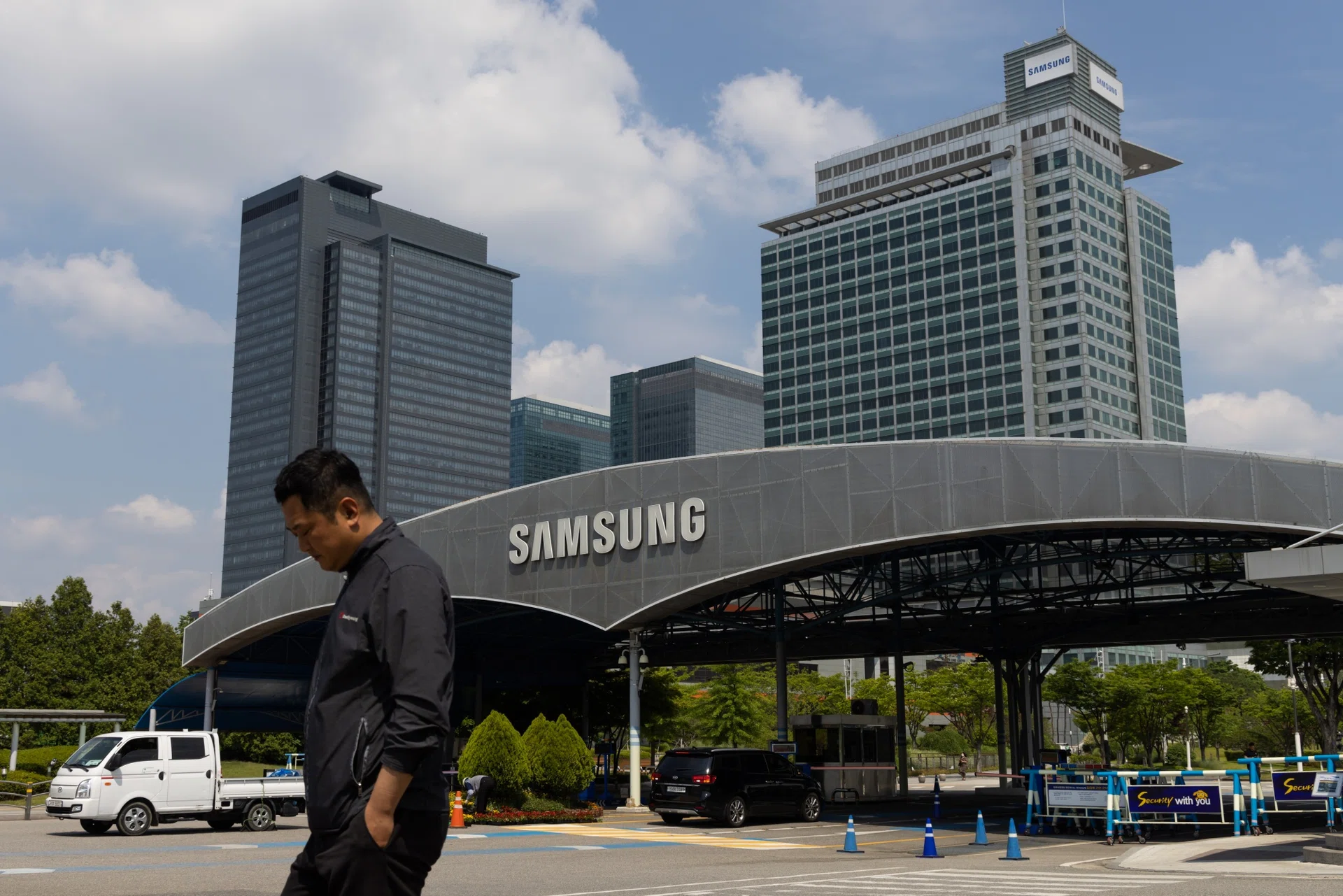The Impact of AI on Sports and Media in 2025
Author: Eric Hal Schwartz

As artificial intelligence (AI) continues to integrate itself into various sectors, the sports industry stands at the forefront of this transformation. Despite its potential for enhancing efficiency and accuracy, AI is faced with controversies, particularly in high-stakes environments such as Wimbledon, where AI line judges are upsetting players. These tensions highlight a broader question: are athletes genuinely concerned about technology, or are they leveraging it as a scapegoat for their performance?
Wimbledon, a prestigious tennis tournament, has adopted AI line judging to improve the accuracy of calls made during matches. However, this implementation has not been without backlash. Some players argue that reliance on technology detracts from the traditional skills and instincts that have defined the sport for decades. Critics of AI integration in sports fear that it not only alters the dynamics of competition but also undermines the significance of human judgment.

Wimbledon has adopted AI line judges to enhance accuracy, sparking debates among players.
The underlying friction often stems from a fear of obsolescence. Athletes may feel threatened by the capabilities of AI, which can outperform human judges in many aspects. The question then arises: are players criticizing AI to mask their own performance issues? This psychological aspect of sports, where athletes grapple with external influences on their gameplay, is crucial for understanding their resistance to technology.
Moreover, the advent of AI has implications beyond just sports officiating. In the realm of media, UK publishers have voiced concerns over Google’s use of AI to summarize articles without proper opt-out options. Publishers demand that Google allows them the choice to protect their original content from being automatically summarized by AI, fearing it devalues their work and affects their revenue streams.

UK publishers are campaigning for an opt-out option for AI overviews generated by Google.
As the digital landscape evolves, tech companies must navigate the fine line between leveraging AI for efficiency and respecting the rights of content creators. The discussions surrounding Google’s AI practices are emblematic of larger issues in the industry, where identity and originality clash with automated systems designed to enhance user experience.
In addition to content creation, AI's implications on hardware development are equally significant. The recent announcement from Samsung regarding delays in AI chip production serves as a reminder of the challenges that lie in integrating advanced technologies into the mainstream. Such delays can have ripple effects throughout the industry, impacting everything from product launch timelines to stock prices.

Samsung faces significant challenges with AI chip production, reflecting the hurdles in AI technology implementation.
The convergence of AI in various sectors illustrates a complex tapestry of advancement and resistance. From players at Wimbledon grappling with AI officiating to publishers fighting for their rights against tech giants, the landscape is fraught with challenges. Yet, for every controversy, there lies an opportunity for growth and adaptation.
As African startups continue to rise, resilient tech ecosystems are characterized by a focus on purpose over mere financial gains. The harsh reality that a significant percentage of these startups fail within years highlights the need for scalable, sustainable models that can thrive amid the rapid technological advancements.
In conclusion, as we delve deeper into the ramifications of AI technology across sectors, it is clear that while innovation is paramount, so too is the responsibility that comes with such power. Engaging all stakeholders—from athletes to publishers and developers—will be key to navigating this uncharted territory successfully.